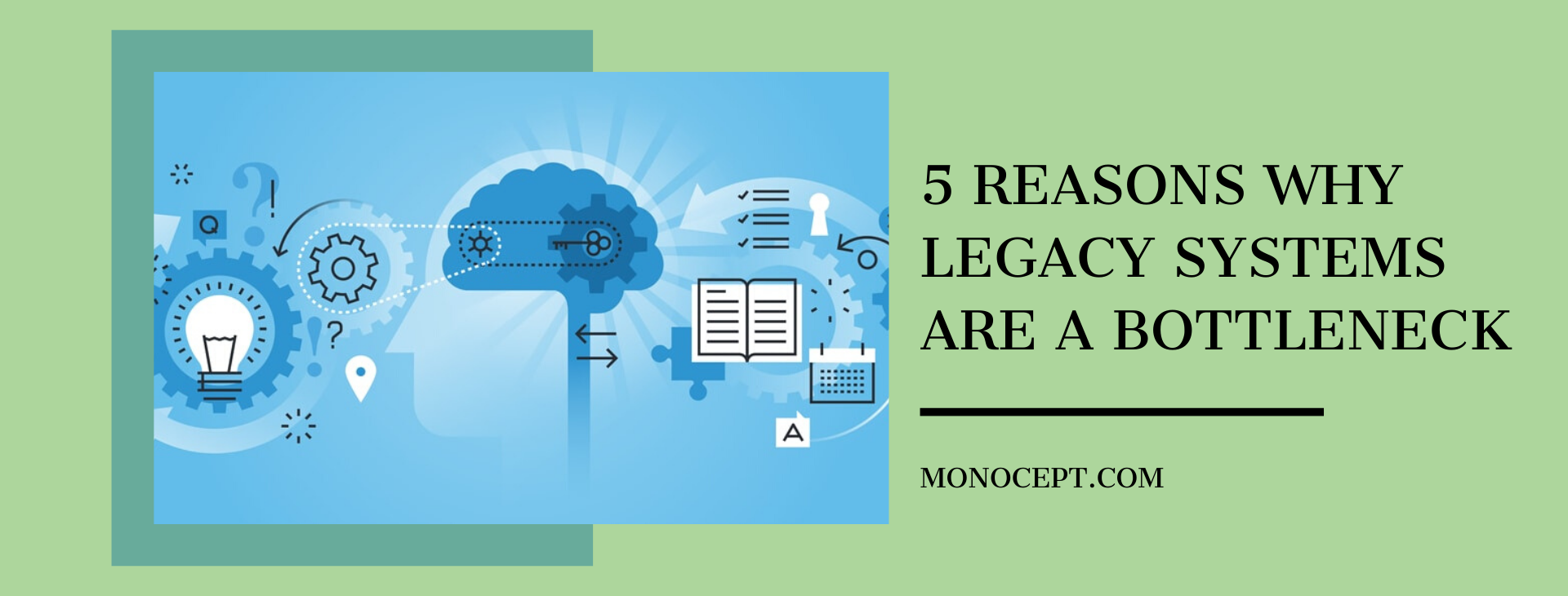DevOps: Driving success
We’ve know the inherent value of the DevOps model of working, when applied to relevant projects, in tech-led businesses. Creating an organisational culture that encourages employees to work collaboratively, and with a cross-functional approach, where each member of the team is responsible of every function and component within the software development lifecycle (SDLC), helps the business achieve more and deliver more value to the users of its applications.
The DevOps model can be the game-changing, pivotal factor that helps a business write its success stories. When all stakeholders of the software or application — business managers, designers, developers, operational executives, and testers — work together on a day-to-day basis, the efficiency of the team, as well as the apps and tools being used and designed goes up manifold, setting the stage for maximum speed, innovation, and functionality.
Adopting the DevOps model comes with some big values for the business. Four of the most important ones are:
Increased agility
It is no secret that faster delivery of software, or a speedier time-to-market schedule leads to higher returns on investments for the business. DevOps basically uses the principles of Agile, when it comes to software delivery. A fully maximised and integrated deployment model is characterised by a frequent delivery approach, i.e. moving away from a quarterly release cycle to deploying features continuously, as they are developed. This breaks down the complexity of the SDLC, and makes any potential problems easier to resolve.
Better quality
A recent survey by Puppet Labs found that high-performing organisations deploy code about 30 times more frequently, with less than half the instances of failures than their lower-performing competitors. Evidently, what follows then, is that using the DevOps model is beneficial to the quality of the resultant software or application. Frequent delivery of features and testing of each individual component within the larger application leads to a more stable operating environment.
Reduced outages
A better quality product will run better, with fewer post-deployment bugs or errors. Outage-reduction is a big business value because outages come with significant trust and financial cost to the company. Given that DevOps stands on the three pillars of continuous deployment, automation, and a more efficient way of collaborative working, the entire process is geared towards helping businesses avoid a loss of sales due to software outages.
Improved innovation
When an organisation consistently releases better quality softwares with more robust and sophisticated features, it is obvious that the business will face fewer crises such as outages while deploying code. It helps organisations derive more value from its employees and their time, because they no longer have to spend time fixing the bugs caused due to sudden big deployments. This, in addition to a work culture that has constant communication and collaboration at its foundation, means that teams have more time to innovate. They can think of new ways of working, further improve existing processes, or think of new product ideas. This in turn leads to happier, more engaged employees due to the increased opportunities for professional development and advancement.
To know more drop a mail at info@monocept.com.





















































































